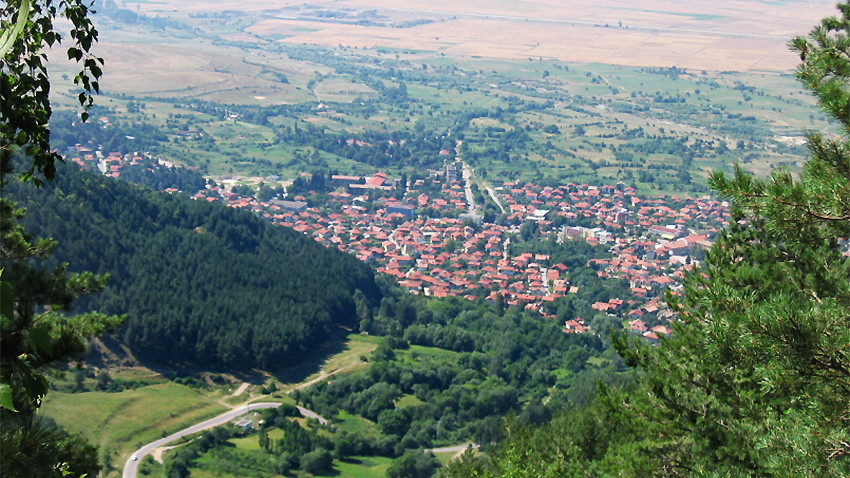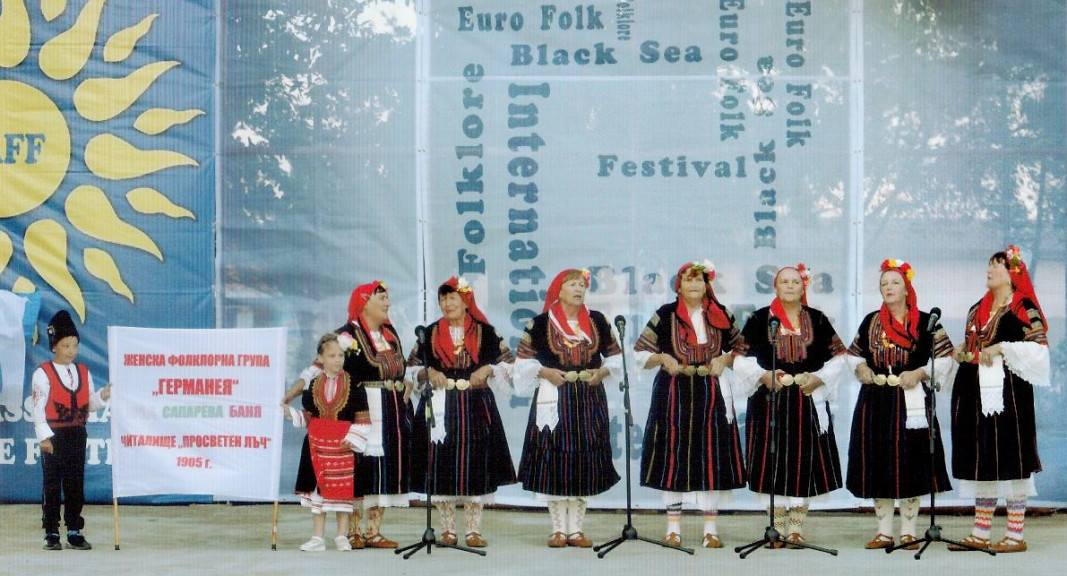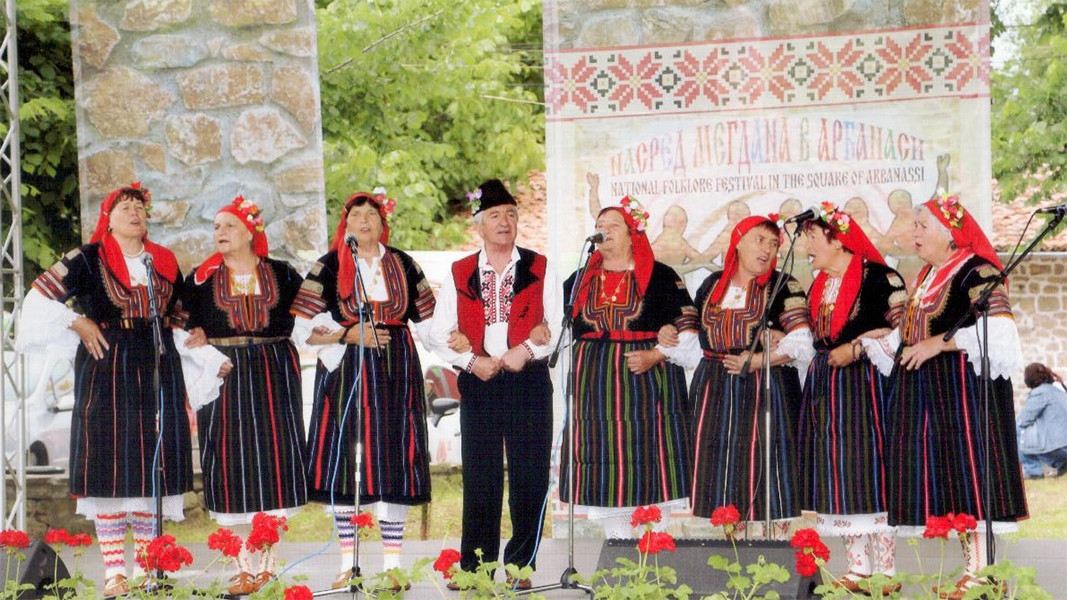March 1st is a day much loved by all Bulgarians - the day we give each other martenitsas. These red and white amulets for health are yet another sign - the Day of the Amateur Artists in Bulgaria has come. Founded with this name in 1976 by a decision of the then Council of Ministers and in 1984 turned into the Day of Amateur Art, the holiday is celebrated to this day. It is said that the date on which we honour the ancient pagan custom of Baba Marta (Granny March) was not chosen by chance because one of the main vocations of amateur art is to preserve traditions and pass them on to future generations, to evoke memories in adults and to give young people knowledge of their cultural history. Regardless of gender and occupation, amateurs devote much of their free time to social activities. And all this - because of the irresistible desire to be close to all things beautiful and meaningful, to rise above the hassle of everyday life, to be artists on stage, to rejoice and share their talent…

Two of the singers in the amateur women's folklore group Germaneya at the community centre "Enlightened Ray - 1905" in the town of Sapareva Banya speak about this need. The name of the group comes from the oldest name of the town, left from the time of the Thracians. Located at the foot of Rila Mountain, the town of Sapareva Banya is famous for its mineral springs, its natural geyser and the natural beauty around. It is located in Shopluka region, and the folk songs are two-part, in the typical style of the region - dissonant, with a "sharp" sonority, which at first may repel you, but in time you will discover its archaic beauty.
The art of songs has long conquered Stoyka Kostova, leader of the group that presents authentic folklore. The singers also have in their repertoire original songs written by their compatriot and dedicated to Sapareva Banya.
"Her name is Nevena Geleva, she composed two songs that Tsvetanka Terziyska and I studied and last summer we won first prize at the Euro Folk competition in Kiten," says Stoyka. "Germaneya” was created in 2005, but I have been singing since I was a schoolgirl. I remember going out in the yard in the break, dancing and singing. I graduated from college, I'm a weaver, but I've worked in many other professions. We come to the rehearsals with great desire, we sing from the heart, with love.
 The Germaneya group has its own club in the building of the community centre. "Now the pandemic does not allow us to gather, but we sing at home and wait for the open-air festivals," says Stoyka. She proudly talks about the awards and diplomas the group has received for its successful performance in almost all national competitions. She herself participates in culinary competitions - for example, last year she took first place in a competition for the best cabbage pie (zelnik) in the village of Beli Iskar.
The Germaneya group has its own club in the building of the community centre. "Now the pandemic does not allow us to gather, but we sing at home and wait for the open-air festivals," says Stoyka. She proudly talks about the awards and diplomas the group has received for its successful performance in almost all national competitions. She herself participates in culinary competitions - for example, last year she took first place in a competition for the best cabbage pie (zelnik) in the village of Beli Iskar.
Stoyka performed the songs that you can hear in the sound files together with Tsvetanka, who has been in the group for four years. She has been an amateur performer for a long time - she sang in the polyphonic choir of the community centre, where she met another kind of song art. She says that nothing can compare to the excitement she feels when she sings old melodies.
"I really like the authentic songs," says Tsvetanka. –“Maybe because of the description of life years back, because of the two voices, I cannot exactly say. In some songs, I sing the second voice holding one tone. Aunt Stoyka and I have other duets. There are many songs that I like! When I sing, it's like I'm transforming”.
Of course, the women from Germaneya group participate in reconstructions of local customs and holidays organized by the community centre, in concerts and festivals in the region and the country. They do it in their own way - with dedication, modestly and sincerely. And when they're on stage, their faces really transform.
 English version Rositsa Petkova
English version Rositsa Petkova
Photos: personal archive
Wine will spout from two drinking fountains over the weekend in Delchevo. Perched on top of the mountain, the village located close to Gotse Delchev, has made a name for itself as a tourist attraction with its ancient architecture and the beautiful..
At the beginning of each year, The Bulgarian city of Razlog and the surrounding villages start feverish preparations for Babinden or Midwives’ Day. The holiday is dedicated to the “grannies” who helped women give birth. Every year it is celebrated on..
The Surva festival begins with the lighting of bonfires and mummers dancing the horo chain danie around the fires on the night of January 13-14. The power and timelessness of the masquerade tradition has led UNESCO to declare it a World Heritage..

+359 2 9336 661
